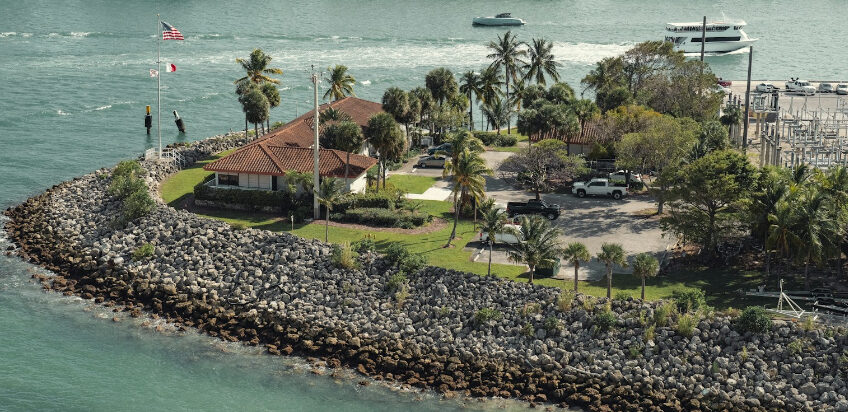New Jersey’s extensive coastline along the Atlantic Ocean positions it uniquely for maritime activities ranging from commercial shipping and fishing to recreational boating. Consequently, the state has developed a comprehensive set of maritime laws and regulations designed to govern these activities, ensure safety at sea, and protect maritime resources. This blog post delves into the specific maritime laws and regulations that apply in New Jersey, providing a clear guide for those involved in maritime activities in the state.
Overview of New Jersey Maritime Jurisdiction
New Jersey’s maritime jurisdiction extends to all navigable waters within and bordering the state, including a significant portion of the Atlantic Ocean, bays, and major rivers. The state works in conjunction with federal agencies like the U.S. Coast Guard to enforce laws and regulations that impact maritime operations.
Key Aspects of Maritime Law in New Jersey
- Vessel Registration and Operation: All motorized vessels operating in New Jersey waters must be registered with the New Jersey Motor Vehicle Commission. This includes boats used recreationally and commercially. New Jersey imposes strict guidelines on the operation of these vessels, including speed limits, safety equipment requirements, and regulations regarding boating under the influence (BUI).
- Commercial Fishing Regulations: The state has specific regulations governing commercial fishing, aiming to sustain marine life and the economic viability of the fishing industry. These include limits on catch sizes, restrictions on fishing methods, and closed seasons for certain species to ensure sustainability. The New Jersey Division of Fish and Wildlife enforces these regulations and issues the necessary licenses and permits.
- Maritime Environmental Protections: New Jersey enforces several environmental laws aimed at protecting its waterways from pollution. This includes regulations on the discharge of oil and other hazardous substances into state waters. Vessel operators are required to report any spills, and penalties for violations can be severe.
- Port and Harbor Regulations: Ports and harbors in New Jersey, such as the Port of Newark, one of the busiest on the East Coast, are governed by both state and federal regulations. These rules cover everything from cargo handling and storage to security measures. The New Jersey Harbor Commission plays a crucial role in ensuring that these areas operate smoothly and safely.
- Recreational Boating Laws: Recreational boaters in New Jersey are subject to safety regulations, including mandatory boating safety courses for operators and life jacket requirements for all passengers. The state also regulates personal watercraft (PWC) very closely, imposing age limits and operational restrictions.
- Maritime Labor Laws: For those employed in the maritime industry, New Jersey follows federal maritime labor laws such as the Jones Act, which provides protections for seamen injured in the course of employment. The state also enforces its own labor laws concerning wage and hour protections for maritime workers.
Navigating Legal Challenges
Operating in maritime sectors can expose individuals and businesses to unique legal challenges. Issues such as maritime accidents, disputes over marine insurance claims, and conflicts over maritime contracts (like charter agreements) require specialized legal knowledge. It’s advisable for those involved in such disputes to consult with attorneys who specialize in maritime law to navigate these complex issues effectively.
Conclusion
Understanding and complying with New Jersey’s maritime laws and regulations is essential for anyone involved in maritime activities within the state. These laws not only ensure the safety and efficiency of maritime operations but also contribute to the conservation of maritime environments and resources. Whether you are a commercial fisherman, a shipping company, or a recreational boater, being informed about these laws will help you avoid legal pitfalls and operate successfully in New Jersey’s waters.
